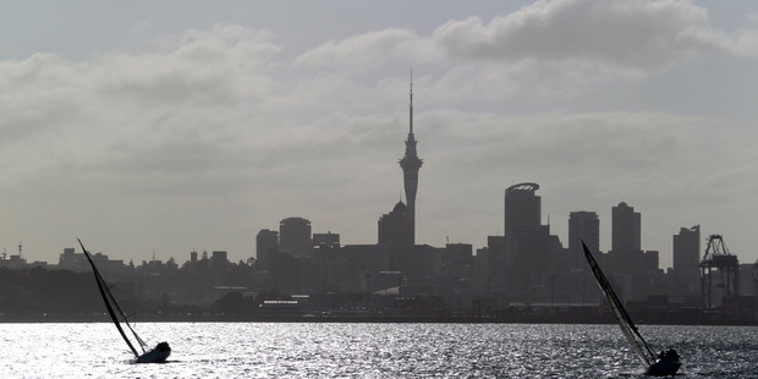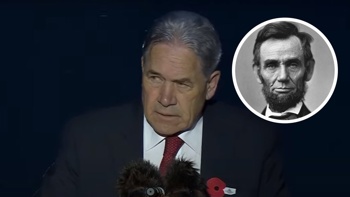
Water bills in the country's largest city may have to rise to stop raw sewage flowing into Auckland Harbour almost every time it rains.
Frequent sewage overflows at 41 places from Blockhouse Bay to Tamaki, reported by the Herald at the weekend, in what newly elected mayor Phil Goff described as "completely unacceptable".
In a bid to clean up the dirty harbour, Goff said scheduled work to overflow pipes could be moved forward, at a cost to the ratepayer.
"Auckland is a global city and we shouldn't have wastewater overflows polluting our harbour," he said.
Work would finally start in the current council term on a $1 billion "Central Interceptor" pipe that will cut overflows into natural waterways by 80 per cent, he said, and he had told Watercare and the council's Healthy Waters (stormwater) teams to work together.
"The approach I've been taking to Healthy Waters and Watercare is how can we maximise the speed at which this can be introduced, and how can we make it as comprehensive as possible," he said.
But he warned that bringing the work forward could cost more.
"I think Aucklanders accept the fundamental principle that we have to invest in clean and safe beaches," he said.
"If that means we are paying a little bit more for our water, yes that is the cost of having unpolluted harbours. Water charges have to cover the cost of ensuring clean and safe water when we finally discharge wastewater into the harbour."
It was unlikely the Central Interceptor itself could be brought forward by more than a few months, he said, because of the complex engineering work required to build the 13km-long, 4.5-metre to 5-metre-diameter pipe from Western Springs to the Mangere sewerage treatment plant.
But 20 per cent of current overflows into the harbour will continue even with the new pipe, and will be reduced again only after spending a further $300 million on upgrading sewers feeding into the new pipe and another $325 million on a planned Waterfront Interceptor to feed wastes from St Mary's Bay and other shoreline suburbs to the start of the new pipe at Western Springs.
Goff said he would need advice on whether this further work could be done at the same time as building the Central Interceptor.
"It's your construction capacity to work simultaneously on both, I'd need to have advice on whether that is possible," he said.
"Is it desirable? Yes. Is it possible? It would bring forward the cost, and the other question is whether it would increase the cost, and can it be done in a quality way?
"I think we are all ready to pay a bit more in our water charges to make sure that we have a decent environment, but we all expect Watercare to do this in a cost-effective way."
In the meantime, he did not agree with calls from Herne Bay residents and Waitemata ward councillor Mike Lee to stop new housing developments in the older parts of the city where rainwater still flows into combined stormwater/sewer pipes and washes sewage into the sea, in some places more than 100 times a year.
"The problem is not the new homes, which have to meet the really strict compliance standards on stormwater," he said.
"The problem is the existing 16,000 homes [using the combined pipes]. It would be pretty unfair to blame the new housing, which complies, when the problem is the older housing, which doesn't."
Watercare has raised its charges by 2.5 per cent in each of the past two years, saying that was about $1.75 a month on the average household water bill of $70.
Watercare told councillors in 2011 that with real price increases of 1 per cent a year above inflation it would take 40 years to reduce overflows to no more than two wet weather events a year.
It said it would need real price increases of 4 per cent a year above inflation to achieve the target in 20 to 25 years.
Inflation was 0.4 per cent in the year to September, but is expected to be back above 1 per cent when figures for the December year are released on Thursday.
Take your Radio, Podcasts and Music with you









